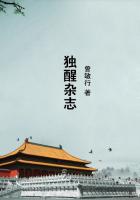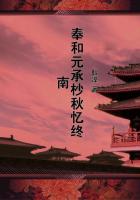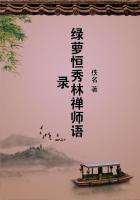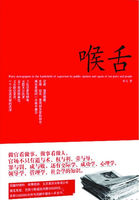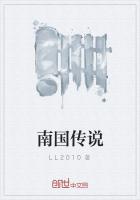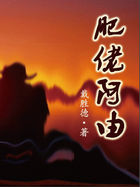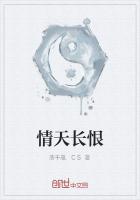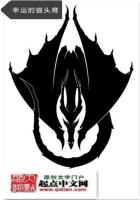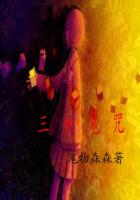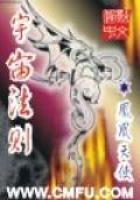Angry voices were now heard, declaring that the seditious influence of Jesus was well known throughout the country. The priests said, "He stirreth up the people, teaching throughout all Jewry, beginning from Galilee to this place."Pilate at this time had no thought of condemning Jesus. He knew that the Jews had accused Him through hatred and prejudice. He knew what his duty was. Justice demanded that Christ should be immediately released. But Pilate dreaded the ill will of the people. Should he refuse to give Jesus into their hands, a tumult would be raised, and this he feared to meet. When he heard that Christ was from Galilee, he decided to send Him to Herod, the ruler of that province, who was then in Jerusalem. By this course, Pilate thought to shift the responsibility of the trial from himself to Herod. He also thought this a good opportunity to heal an old quarrel between himself and Herod. And so it proved. The two magistrates made friends over the trial of the Saviour.
Pilate delivered Jesus again to the soldiers, and amid the jeers and insults of the mob He was hurried to the judgment hall of Herod. "When Herod saw Jesus, he was exceeding glad." He had never before met the Saviour, but "he was desirous to see Him of a long season, because he had heard many things of Him; and he hoped to have seen some miracle done by Him." This Herod was he whose hands were stained with the blood of John the Baptist. When Herod first heard of Jesus, he was terror-stricken, and said, "It is John, whom Ibeheaded:
729 he is risen from the dead;" "therefore mighty works do show forth themselves in him." Mark 6:16; Matt. 14:2. Yet Herod desired to see Jesus. Now there was opportunity to save the life of this prophet, and the king hoped to banish forever from his mind the memory of that bloody head brought to him in a charger. He also desired to have his curiosity gratified, and thought that if Christ were given any prospect of release, He would do anything that was asked of Him.
A large company of the priests and elders had accompanied Christ to Herod.
And when the Saviour was brought in, these dignitaries, all speaking excitedly, urged their accusations against Him. But Herod paid little regard to their charges. He commanded silence, desiring an opportunity to question Christ. He ordered that the fetters of Christ should be unloosed, at the same time charging His enemies with roughly treating Him. Looking with compassion into the serene face of the world's Redeemer, he read in it only wisdom and purity. He as well as Pilate was satisfied that Christ had been accused through malice and envy.
Herod questioned Christ in many words, but throughout the Saviour maintained a profound silence. At the command of the king, the decrepit and maimed were then called in, and Christ was ordered to prove His claims by working a miracle. Men say that Thou canst heal the sick, said Herod. I am anxious to see that Thy widespread fame has not been belied. Jesus did not respond, and Herod still continued to urge: If Thou canst work miracles for others, work them now for Thine own good, and it will serve Thee a good purpose. Again he commanded, Show us a sign that Thou hast the power with which rumor hath accredited Thee. But Christ was as one who heard and saw not. The Son of God had taken upon Himself man's nature. He must do as man must do in like circumstances. Therefore He would not work a miracle to save Himself the pain and humiliation that man must endure when placed in a similar position.
Herod promised that if Christ would perform some miracle in his presence, He should be released. Christ's accusers had seen with their own eyes the mighty works wrought by His power. They had heard Him command the grave to give up its dead. They had seen the dead come forth obedient to His voice.
Fear seized them lest He should now work a miracle. Of all things they most dreaded an exhibition of His power. Such a manifestation would prove a deathblow to their 730plans, and would perhaps cost them their lives. Again the priests and rulers, in great anxiety, urged their accusations against Him. Raising their voices, they declared, He is a traitor, a blasphemer. He works His miracles through the power given Him by Beelzebub, the prince of the devils. The hall became a scene of confusion, some crying one thing and some another.
Herod's conscience was now far less sensitive than when he had trembled with horror at the request of Herodias for the head of John the Baptist. For a time he had felt the keen stings of remorse for his terrible act; but his moral perceptions had become more and more degraded by his licentious life.
Now his heart had become so hardened that he could even boast of the punishment he had inflicted upon John for daring to reprove him. And he now threatened Jesus, declaring repeatedly that he had power to release or to condemn Him. But no sign from Jesus gave evidence that He heard a word.
Herod was irritated by this silence. It seemed to indicate utter indifference to his authority. To the vain and pompous king, open rebuke would have been less offensive than to be thus ignored. Again he angrily threatened Jesus, who still remained unmoved and silent.
The mission of Christ in this world was not to gratify idle curiosity. He came to heal the brokenhearted. Could He have spoken any word to heal the bruises of sin-sick souls, He would not have kept silent. But He had no words for those who would but trample the truth under their unholy feet.


